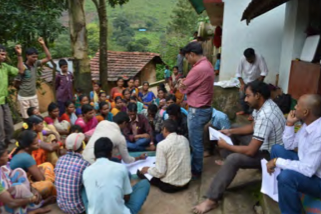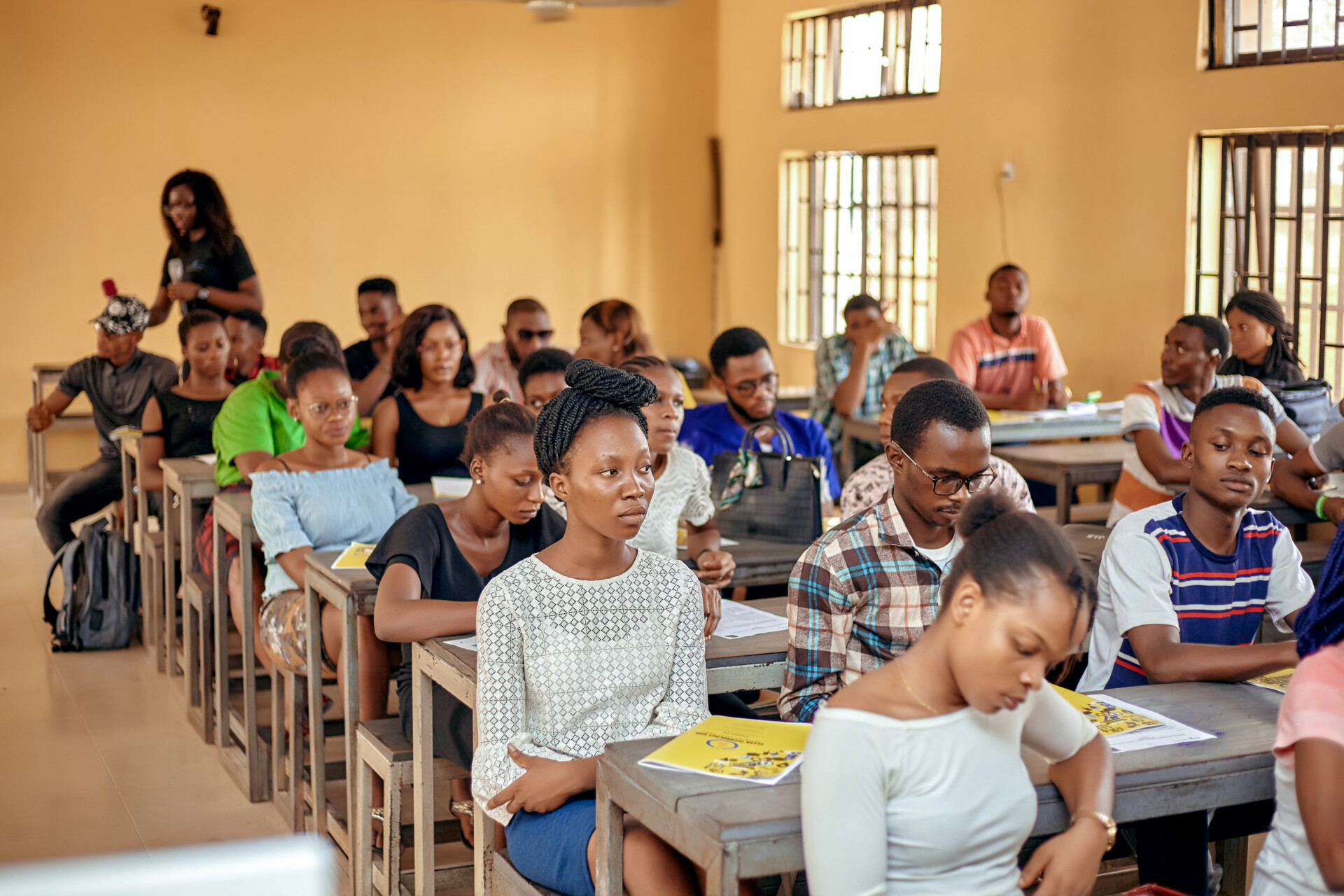Biraj Gautam and Rabin Shrestha share their lessons from the latest visits to the micro hydro power sites in Jumla and Baglung.
Micro Hydro Power in Nepal
As a first step, two initial meetings in India and Nepal were organised in order to launch the project. Local experts, stakeholders, villagers and media attendees gathered to gain knowledge of the scheduled course of action. Subsequently, the project staff visited several potential project sites and eventually selected three in Nepal (Nishi VDC, Bachha VDC and Boharagaun VDC, all in Baglung) and two in India (Koraput district, Odisha and Vishakapatanam district, Andra Pardesh).
In order to collect information about the local households’ electricity supply and the performance of existing micro hydro plants, different suveys were undertaken. During “Participatory Market System Development” workshops at all five project sites, stakeholders learned how to identify obstacles and take advantage of potential opportunites to improve market conditions for everyone.
Find out more about this SEPS project on our project page


